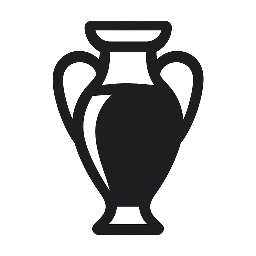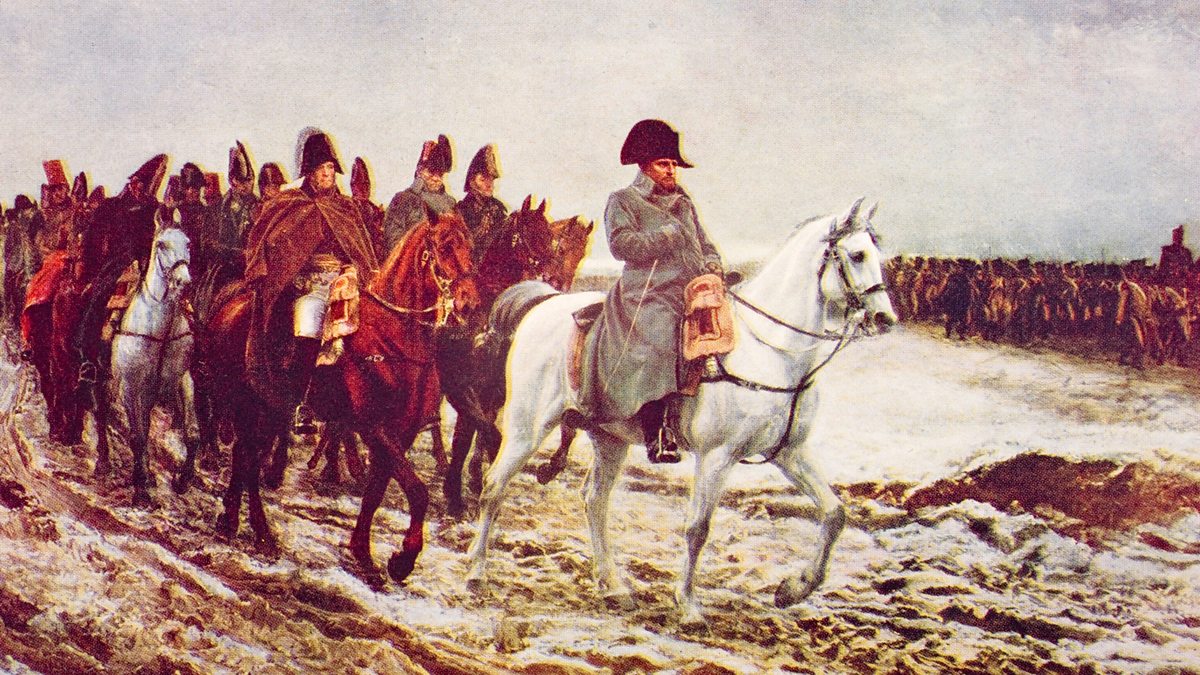Your basket is currently empty!
474 BC: The Battle of Cumae
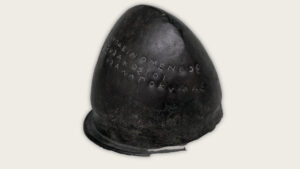
On June 24, 474 BC, the decisive Battle of Cumae took place, a pivotal naval engagement in the Tyrrhenian Sea. This conflict pitted the combined navies of Syracuse and Cumae against the Etruscan fleet. The Syracusean forces were led by Hiero I, the tyrant of Syracuse, who played a crucial role in securing this vital victory. The Etruscans, a powerful civilization in ancient Italy, had been expanding their influence and posed a significant threat to Greek colonies in Magna Graecia. The defeat at Cumae severely crippled Etruscan naval power and marked the beginning of their decline in the region. This victory ensured the continued dominance of Greek culture and influence in Southern Italy for centuries. It stands as a significant event in the early history of the Mediterranean.
1509: Henry VIII is Crowned King of England
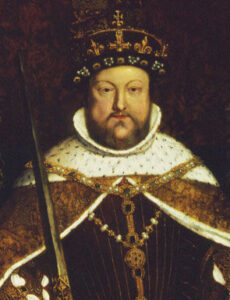
June 24, 1509, marked the coronation of Henry VIII as King of England at Westminster Abbey. This event ushered in one of the most transformative reigns in English history, fundamentally altering the nation’s political and religious landscape. Henry inherited a prosperous kingdom and was initially seen as a Renaissance prince, known for his intellect, athleticism, and charisma. His early reign focused on foreign policy and asserting England’s place on the European stage. However, his relentless pursuit of a male heir and his desire to annul his marriage to Catherine of Aragon would eventually lead to the English Reformation. This momentous decision to break with the Roman Catholic Church had profound and lasting effects on England’s future. His coronation on this day set the stage for decades of significant change.
1812: Napoleon’s Invasion of Russia Begins
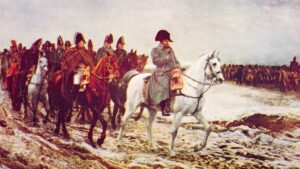
On June 24, 1812, Napoleon Bonaparte launched his ill-fated invasion of Russia, leading the largest European army ever assembled, the Grande Armée. This massive undertaking involved over 600,000 soldiers from various nations, aiming to force Tsar Alexander I back into the Continental System. Napoleon’s strategic goal was to decisively defeat the Russian army in a swift campaign and compel a peace settlement. However, the Russians employed a “scorched-earth” policy, retreating and denying the French vital supplies and shelter. The brutal Russian winter, disease, and constant guerrilla warfare would decimate Napoleon’s forces. This catastrophic campaign marked a turning point in the Napoleonic Wars, significantly weakening the French Empire and contributing to Napoleon’s eventual downfall.
1821: Venezuela Declares Independence (Battle of Carabobo)
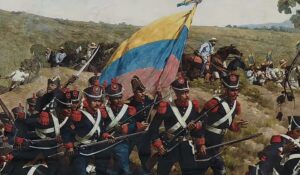
On June 24, 1821, the decisive Battle of Carabobo took place, a pivotal moment that secured Venezuela’s independence from Spain. Led by the brilliant general Simón Bolívar, the republican forces achieved a resounding victory over the royalist army. This battle was the culmination of years of struggle and armed conflict for liberation in the region. Bolívar’s strategic genius and the bravery of his troops, including many from other South American nations, proved instrumental. The defeat of the Spanish at Carabobo effectively ended their colonial rule in Venezuela. This victory solidified Venezuela as an independent nation and was a crucial step in Bolívar’s larger campaign to liberate South America. The battle remains a source of immense national pride for Venezuelans, symbolizing their hard-won freedom.
1901: The First Exhibition of Pablo Picasso’s Work
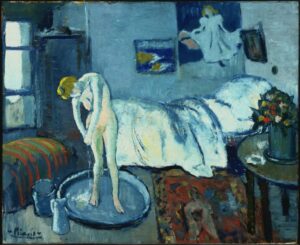
June 24, 1901, witnessed a significant moment in art history with the opening of Pablo Picasso’s first major exhibition in Paris. Held at Ambroise Vollard’s gallery, this exhibition showcased Picasso’s early work, primarily from his “Blue Period” and “Rose Period” transitions. Though still young, Picasso was already demonstrating the prodigious talent that would define 20th-century art. The exhibition introduced Parisian art critics and collectors to a unique artistic voice that was experimenting with form, color, and emotional depth. While not yet the revolutionary Cubist he would become, this show was a crucial stepping stone in his burgeoning career. It laid the groundwork for his future innovations and helped establish his reputation in the vibrant Parisian art scene.
1990: Nelson Mandela Meets with Fidel Castro
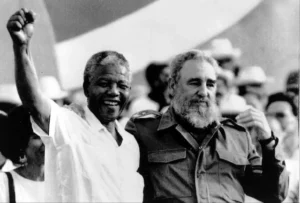
On June 24, 1990, Nelson Mandela met with Cuban President Fidel Castro in Havana, Cuba, during Mandela’s first international tour after his release from prison. This meeting symbolized the strong bonds of solidarity between the anti-apartheid movement and the Cuban Revolution, which had long supported the African National Congress (ANC). Mandela expressed profound gratitude for Cuba’s role in assisting liberation movements in Southern Africa, particularly its military intervention in Angola. Castro, in turn, hailed Mandela as a hero and a symbol of resistance against oppression. The meeting underscored the complex geopolitics of the Cold War era and the support extended by socialist nations to anti-colonial struggles. Their embrace was a powerful image of unity against injustice and a significant diplomatic event in the post-apartheid era.
